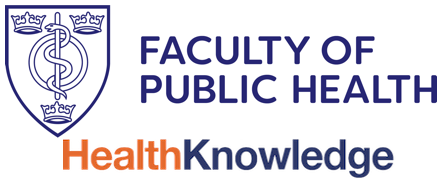Critical Appraisal Frameworks
Summarise Article in a few lines - ie abstract
Comment on: author, journal, recency
State briefly study design and what done with main conclusion.
e.g. 'an RCT assessing treatment A against B which showed A to be better than B..'
Then consider each section of the paper in turn:
1.Introduction
- Is objective clear?
- Is study important?
- Is study relevant?
2. Method : Assess:
- setting
- subjects
- choice of source population
- method of sampling
- controls
- cases - who, how, numbers, selection, exclusion..
- design
- type, appropriate
- sample size calculation / statistical power
- intervention/ data collection - quality
- quality control
- validity
- reproducibility
- data analysis
- how is this done and is it appropriate
- assess statistics
- any gaps in the data
3. Results
- Are they clearly presented? (text and tables)
- is the response rate good?
- Is there any missing data? - drop outs/non responders/deaths/missing data
- Are the results interpreted correctly?
- State statistically significant results and explain Confidence Intervals/sensitivity/specificity/PPV/clinical significance
- Is the sample size good / sufficient?
4. Internal validity of study
Could results be explained by:
a) Chance
- multiple testing
- check CI an p values
- sample size/power
b) Bias
- selection bias
- information bias
- random misclassification
- recall
- observer bias
c) Confounding
- age, sex, social class, smoking
- design: matching , stratification
- analysis: standardisation, stratify
5. External validity of study
- Is it generalisable to population / to UK
- Are results relevant
6. Discussion
- Are the objectives covered?
- Are limitations of study discussed?
- Are conclusions justified from results? NB: many studies don't
- Are the results relevant/ important?
7. Importance of results to public health practice
8. Any other strengths/ weaknesses
Extras: How might it have been better. E.g. RCT might have been better than CC
Critical Appraisal of particular study types.- Key Points in addition to generic
Surveys:
- who was studied?
- How was sample obtained?
- What was response rate?
Cohort studies:
- who exactly has been studied?
- Was a control group used? (should one have been used?)
- How adequate was follow up?
Case control studies:
- How were cases obtained?
- Is control group appropriate?
- Was data collected in the same way for cases and controls?
Clinical trials:
- Were treatments randomly allocated?
- Were all patients accounted for?
- Were outcomes assessed blind?
Qualitative studies:
- Were the relationships between the researcher and those studied adaquately considered?
- Was the analysis conducted rigorously to remove researcher bias?
- To what population is this study generalisable
Review Papers:
- How were papers identified?
- How was quality of papers assessed?
- How were results summarised?
